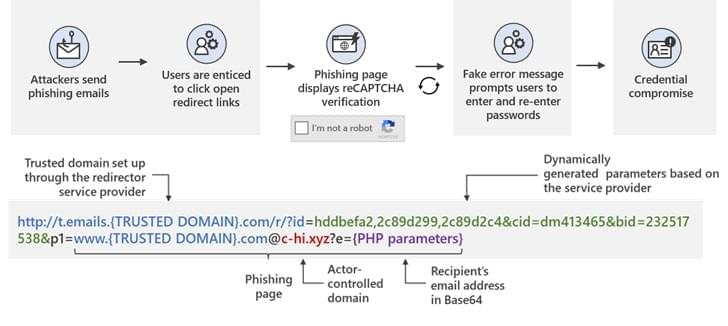
A blockchain-based initiative from the United States Air Force will employ Constellation’s Hypergraph Network to provide data security with the Department of Defense’s commercial partners.
In a Thursday announcement, Constellation said it had been working with Kinnami Software Corporation to develop an end-to-end data security solution using blockchain encryption and distributed data management for the United States Transportation Command, Air Mobility Command’s 618th Air Operations Center, and a Civil Reserve Air Fleet partner. According to the platform, its goal is to securely exchange data with commercial partners on missions involving the operations of aircraft and ships under contract to the Department of Defense, or DoD.
The United States Transportation Command, or USTRANSCOM, allows authorities — including those in the 618th — to coordinate missions using available resources from both the military and private sector. Constellation Network’s solution may have the potential to improve the existing cybersecurity and general effectiveness.

















